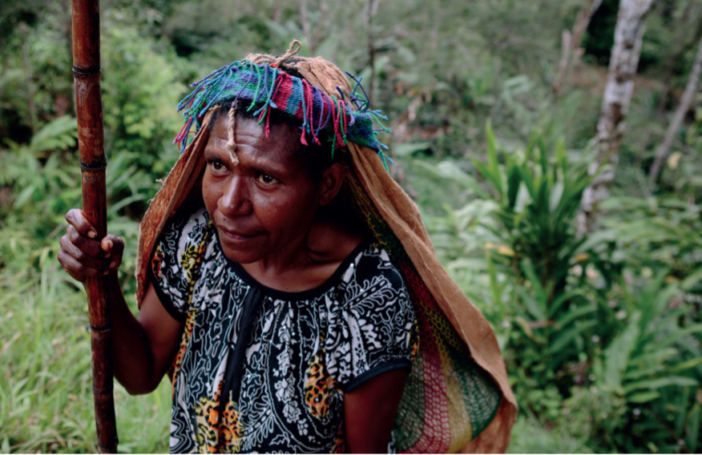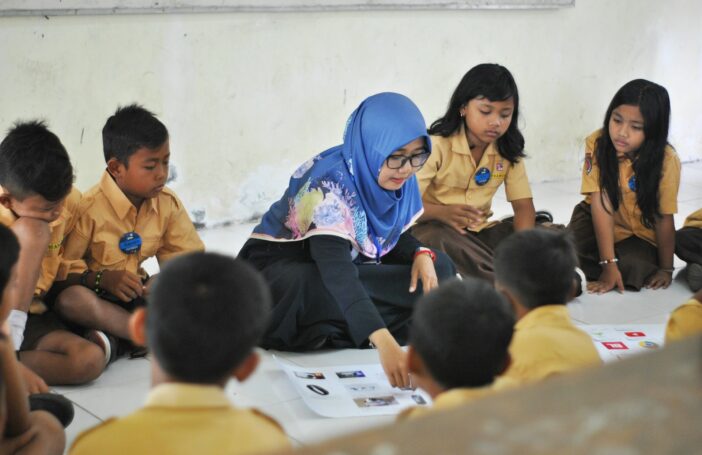Evidence and practice in an age of inequality will be discussed and debated by international development leaders next week in Melbourne at the 5th annual ACFID University Network Conference.
Inequality comes in many forms and has many faces. It is enmeshed with issues of gender, disability, age, living with HIV and AIDS, sexual orientation, religion, and ethnic minorities.
Inequality is about the disproportionate distribution of wealth and the gap between those on the highest and lowest incomes.
While economic growth is a key component in tackling inequality, it has become clear that growth often doesn’t reach down far enough to lift up those living in absolute poverty.
The World Bank suggests that to make inroads into inequality, growth must be focused on fostering income growth and opportunities for the poorest 40 per cent of people in all countries, as well as those who live just above the threshold and are vulnerable to falling back into poverty.
ACFID has long argued that focusing on growth alone is not sufficient for poverty reduction. There are important enablers to growth that must to be addressed. Aid programs can play an important role in helping create enabling environments for growth – promoting peace and security, functioning states and civil society, and effective health and education systems.
Aid programs can also ensure that opportunities to participate in, and benefit from, growth are extended to marginalised groups: women; people with disabilities; the elderly; indigenous peoples; and ethnic and sexual minorities. Indeed, opening up economic opportunities for these groups is one of the most effective ways to promote equality and alleviate poverty.
Tackling inequality requires a strong evidence base to devise policies and programs that deliver sustainable results.
Research helps us better understand the world’s most intractable problems, how or where we are best placed to respond, and who we should be working with in finding solutions. This is vital for strong societies but also for strong economies, with inequality stifling economic growth in the long run.
Researchers, aid and development practitioners, and international experts will be meeting in Melbourne next week to discuss how to combat inequality, how to define it, lock onto its causes and make inroads into it by working in partnership.
Over 40 learned papers as well as workshops and discussion panels at the 5th ACFID University Network Conference will examine a range of issues including: inequality and health; gender, disability, class and inequality; the private sector and economic inequality; and the importance of governance and security in combating inequality.
Entitled Evidence and Practice in an Age of Inequality, the conference will explore this evidence base, kicking off with keynote speaker Professor Martin Ravallion, Chair of Economics at Georgetown University, Washington.
Professor Ravallion has dedicated his life’s work to understanding pro-poor growth, measuring poverty, and understanding the effects of inequality on poverty reduction. He will discuss research showing that while on traditional measures there has been considerable progress against poverty in developing countries, new measures show precisely the opposite – that the world’s poorest are being left behind.
More than ever, 2015 is a pivotal year for action to address inequality and conflict and build global prosperity. This year marks the end of the Millennium Development Goals and the beginning of a new sustainable development agenda.
In September, global leaders will come together to agree on Sustainable Development Goals that will apply to all nations, and will recommit to giving 0.7% of national income to aid. Then in December, countries will look beyond national borders to set a new international climate change agreement to limit global warming for the good of all.
It is in this global context that Australia has substantially diminished its contribution to aid and development. Australia has traditionally been one of the more generous OECD nations when it comes to helping countries at the lower end of the UN’s Human Development Index. But following the $1 billion cut to our aid program cemented in this year’s Budget, we will slip from 13th to 16th on the OECD ranking of generosity, despite being the 8th largest OECD economy.
We know this is at odds with the generosity of Australians and how we have always engaged with the world. Just over a month ago, the tragedy in Nepal led to an outpouring of generosity from the Australian public, with over $32 million donated to help those affected by the earthquake.
We urge the Australian Government to rethink its actions of the past two years and work to rebuild our aid budget – to drive evidence-based policies and programs that eliminate poverty and inequality in the interests of people from the poorest communities, but also in Australia and our region.
The ACFID 5th University Network Conference will be held in Melbourne on 4-5 June, 2015. Register here.
Marc Purcell is Executive Director of the Australian Council for International Development





